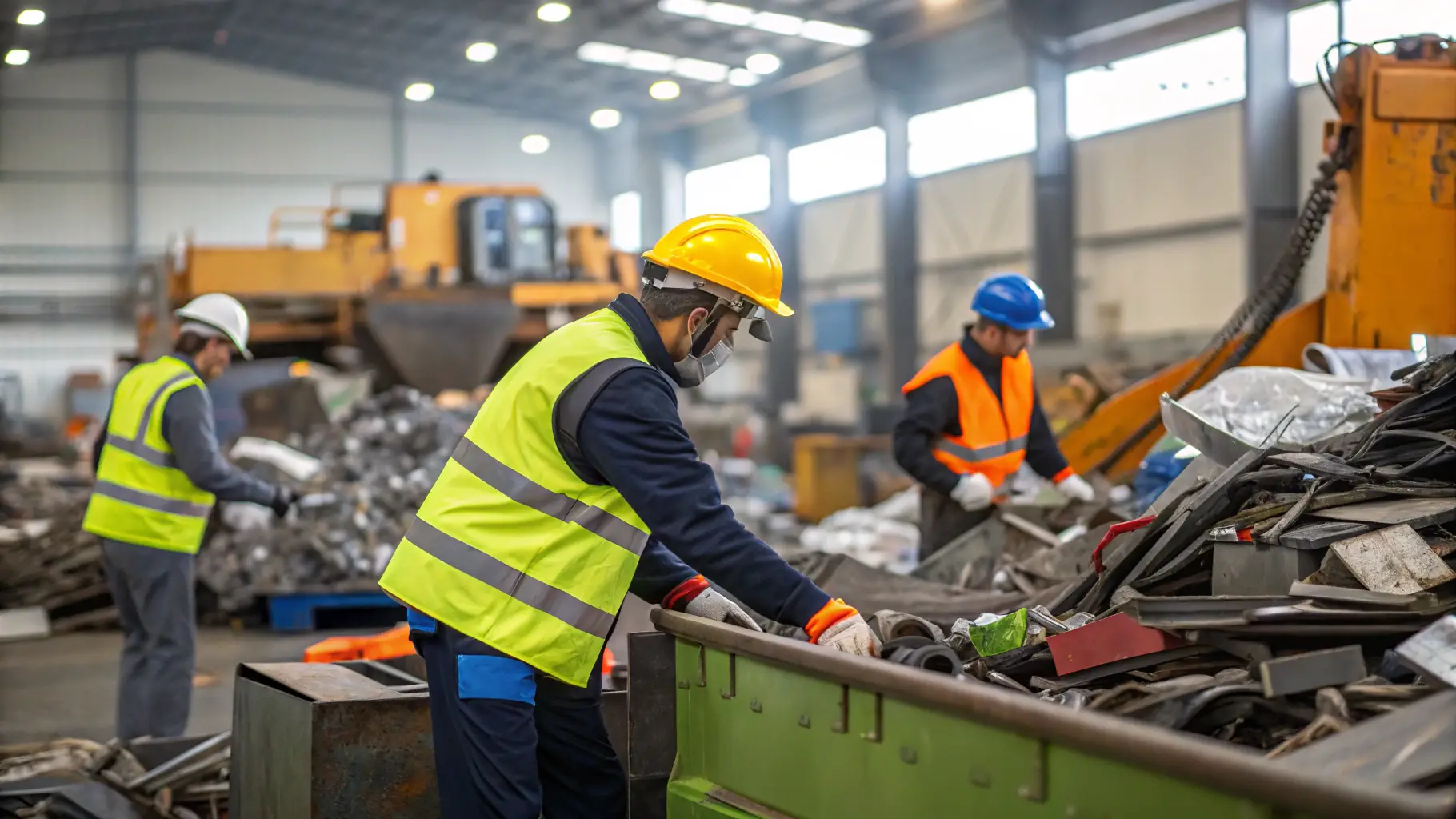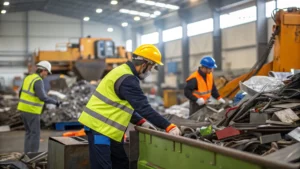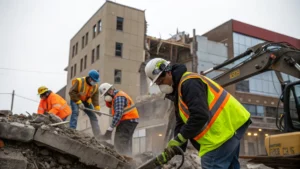Demolition projects can have a significant environmental impact if not managed responsibly. Proper waste segregation and recycling are essential to minimize landfill waste and promote sustainability. Careful planning and execution of demolition projects can significantly reduce the environmental footprint. Environmental regulations and guidelines must be strictly adhered to throughout the demolition process. Recycling and reuse of materials are key components of environmentally responsible demolition. Proper sorting and processing of demolition debris can recover valuable materials for reuse in new construction projects. This reduces the need for raw materials and conserves natural resources. Minimizing the use of hazardous materials during demolition is crucial for protecting the environment and human health. Implementing sustainable demolition practices can contribute to a healthier environment. Using eco-friendly demolition techniques and equipment can reduce noise and air pollution. Proper disposal of hazardous materials is essential to prevent contamination of soil and water sources. Working with certified recycling facilities ensures that demolition debris is handled responsibly and sustainably.
Demolition Project Planning: A Step-by-Step Guide
Effective planning is crucial for successful demolition projects, ensuring safety, efficiency, and adherence to regulations.




